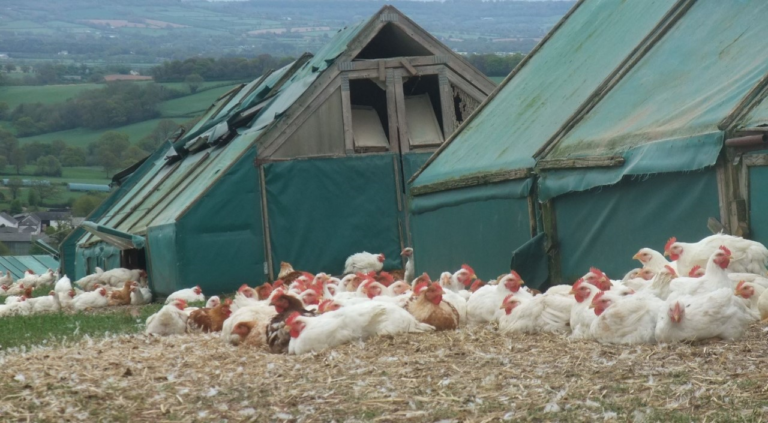Landlords and tenants should consider reviewing tenancy agreements before Brexit, to ensure they remain fit for purpose, according to the Central Association of Agricultural Valuers (CAAV).
Although the effects of Brexit will evolve gradually, and might not directly change tenancies, many farmers will be reassessing their business plans, said Jeremy Moody, secretary and adviser at the CAAV. “That could make an opportunity to re-evaluate tenancy terms, keeping in mind the changes to agricultural policy and markets that are likely to occur in future.”
If farmers are looking to alter their businesses, it’s worth making sure that this is not limited by the terms of a tenancy agreement or that they can be adapted to allow for the implementation of any changes, he said.
With increased government focus on soil degradation it may be that clauses can be included in a Farm Business Tenancy (FBT) relating to natural capital assets, said Peter Roberts, senior associate at Burges Salmon. “Landlords are increasingly aware of the degradation of their main asset – the soil. With agricultural policy changing, in future subsidies could have soil at the heart of them. Therefore, landlords may want to put in an obligatory clause to maintain and repair the quality of the soil, which can be monitored through soil surveys at set intervals.”
Diversification is another area that may be worth covering, as it has now become very common, said Roberts. Clauses can be laid out to allow for diversification but prevent it straying too far from agriculture. It’s also worth including an obligation on the tenant to obtain any licences required to operate, as well as a nuisance clause. “That way, the landlord has the right of action and indemnification of costs. Diversification is a good thing but when drafting the FBT, make sure it’s tight.”
In uncertain periods, it can be helpful to have regular rent reviews to give both landlord and tenant an opportunity for open and practical discussion about the current situation, said Moody.
It might be that a farmer wants to have a break clause in the contract, either tied to a specific date or ready to enact should something significant happen, such as lower commodity prices, said Zoe Atkinson, senior associate at Burges Salmon. “However, do remember that in an FBT over two years, you will still need to give 12 months’ notice if things suddenly change.”
It may also be worth including general clauses to cover any policy that may replace the Basic Payment Scheme, she adds. “This is something to keep under review.”
Despite the uncertainty, there is no need to rush through any alterations, said Moody. “Change is unlikely to come sharply and instead will be at a pace we can handle and adjust to. In some cases, there will be no need to do anything, but a horticultural farmer may want to think about concerns surrounding labour and how an FBT could be tailored for certain outcomes. Change is afoot and it’s always better to be prepared.”


